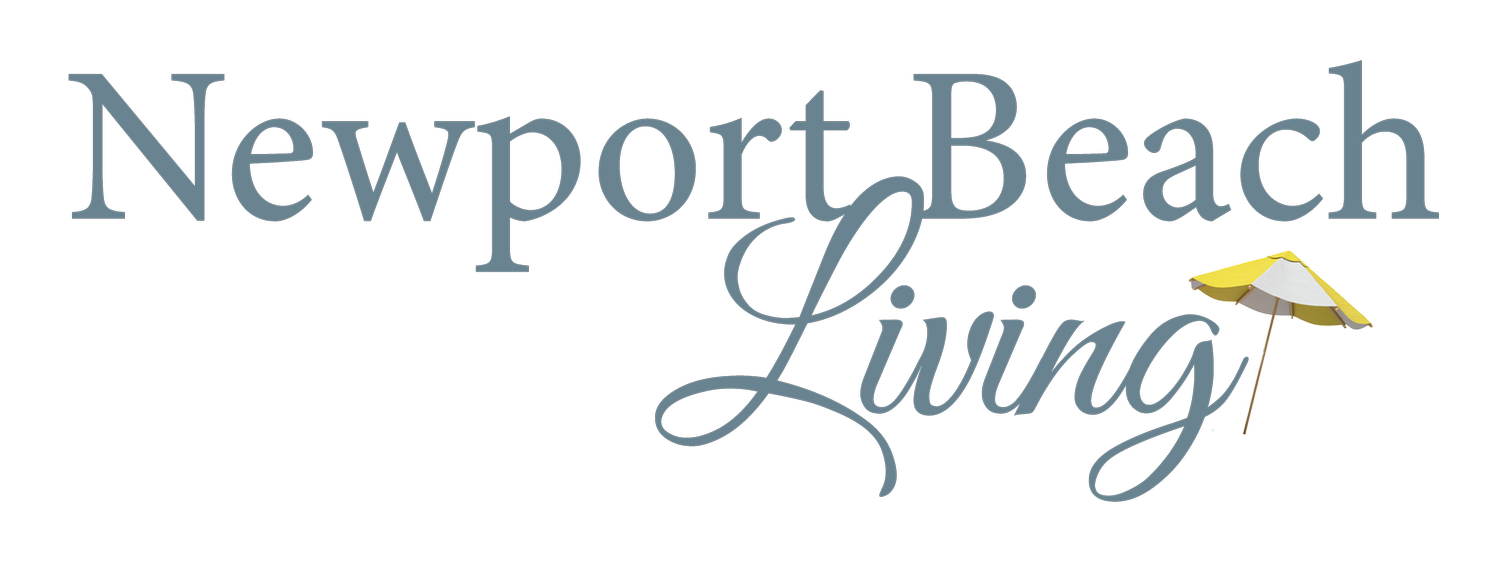Holiday Loneliness and Brain Health
By: Karen Odell Barber
As Thanksgiving approaches, a season traditionally marked by gratitude, family gatherings and festive meals, it also highlights a less talked-about issue: holiday loneliness. For many, Thanksgiving brings warmth, joy and connection. But for others, it can trigger feelings of isolation and sadness. While we often think of loneliness as an emotional state, its effects extend deeply into our physical and mental well-being, particularly brain health. Understanding the impact of holiday loneliness is essential as we seek to foster not only community and togetherness but also mental resilience during the season.
This festive time of year often assumes that everyone is surrounded by loved ones, which can intensify the feelings of exclusion for those who find themselves alone. Whether due to distance from family, the loss of loved ones, or personal circumstances, being isolated during a time that is symbolically centered around togetherness can be particularly painful. This experience is common among older adults, those living far from home, or individuals who have recently gone through significant life changes like divorce or job loss.
Loneliness, especially around holidays like Thanksgiving, is more than just feeling sad. Social isolation can trigger chronic stress, anxiety and depression. These emotions, when prolonged, have a profound effect on the brain. Research shows that loneliness can impair cognitive function, leading to memory problems, difficulty concentrating, and even an increased risk of developing neurodegenerative diseases like Alzheimer’s.
Chronic loneliness leads to a heightened level of cortisol, the body’s stress hormone. Elevated cortisol can have a damaging effect on the brain over time. It shrinks the hippocampus, which plays a crucial role in learning and memory, while enlarging the amygdala, which regulates fear and anxiety responses. These changes make the brain more susceptible to anxiety and depression, and in the long run, can impair memory and cognitive abilities.
Furthermore, the prefrontal cortex, responsible for decision-making and regulating social behavior, also becomes less efficient when exposed to prolonged stress. Loneliness, especially when it leads to social withdrawal, can cause the brain to become less adept at interpreting social cues, which can perpetuate a cycle of isolation. Without regular social engagement, the brain loses some of its cognitive flexibility, making it harder for people to adapt to new environments or situations, deepening the feelings of isolation.
However, the story doesn’t end with despair. The brain is remarkably adaptable, and there are numerous ways to combat loneliness and its effects on mental health. Social connection, even in small doses, can create profound positive impacts. Acts as simple as reaching out to a neighbor, volunteering, or joining a community event can help alleviate feelings of loneliness and strengthen the brain’s resilience.
During Thanksgiving, communities and individuals can make a conscious effort to include those who might feel isolated. Inviting someone over for dinner, calling a friend who lives far away, or even sending a kind message to someone who might be struggling can help bridge the gap. For those who are feeling lonely, seeking out support groups, therapy, or even online communities can provide an essential lifeline during the holiday season.
As we gather around the table this Thanksgiving, it’s important to remember that while not everyone shares the same experience, we can all play a part in lifting each other up. Being mindful of the impact of loneliness on brain health helps us recognize the importance of reaching out, not just for the emotional well-being of others, but for their cognitive health too. The brain thrives on connection, and as we express gratitude this season, perhaps the greatest gift we can offer is the simple act of inclusion.
Please visit Neurologics.com or make an appointment at our new assessment center in Fashion Island for more information on Neuroengineering, Brain Mapping and elite brain optimization.
Listen to the Tackling Brain Health Podcast, now playing on YouTube, Spotify and Apple Music.
Tackling Brain Health explores the cutting-edge realm of brain imaging and optimization. From personal journeys to expert insights, each episode delves into the transformative power of neuroscience, sharing real stories of triumph over mental health challenges and unlocking the full potential of the human mind.
www.neurologics.com | IG @Neurologics

